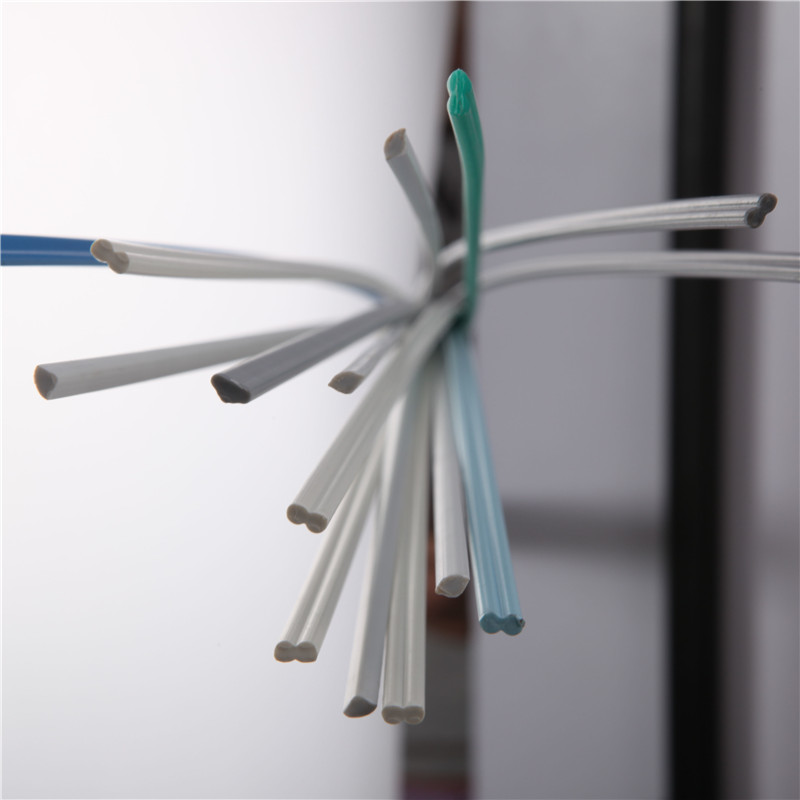ធ្នូ . 13, 2024 07:45 Back to list
polypropylene panel
The Versatility and Benefits of Polypropylene Panels
Polypropylene panels have emerged as a popular material in various industries, providing a unique combination of durability, lightweight nature, and versatility. Known for their chemical resistance and easy fabrication, these panels are increasingly being used in construction, packaging, automotive, and even medical applications. In this article, we will delve deeper into the properties, benefits, and applications of polypropylene panels, illustrating why they are a preferred choice for many manufacturers and builders.
Properties of Polypropylene Panels
Polypropylene is a thermoplastic polymer that is characterized by its high tensile strength and resistance to impact and chemicals. These panels exhibit excellent resistance to moisture and most acids, making them ideal for environments that undergo frequent exposure to such elements. Furthermore, polypropylene panels are lightweight yet robust, providing significant advantages in terms of transport and installation.
One of the standout features of polypropylene panels is their ease of fabrication. They can be cut, shaped, and welded without losing their structural integrity, allowing for creative and customized designs. Additionally, polypropylene is available in various colors and finishes, which can further enhance their aesthetic appeal in any application.
Benefits of Using Polypropylene Panels
One of the primary benefits of polypropylene panels is their cost-effectiveness. They are generally less expensive than alternatives such as metal or glass, and their durability translates to lower maintenance costs over time. This cost efficiency makes polypropylene panels particularly attractive to businesses looking to reduce overhead while maintaining quality.
Another critical advantage is their environmental friendliness. Polypropylene is 100% recyclable, meaning that at the end of their life cycle, these panels can be processed and reused rather than contributing to landfill waste. As sustainability becomes increasingly vital in modern manufacturing, the recyclability of polypropylene panels can enhance a company’s eco-friendly credentials.
polypropylene panel

Polypropylene panels are also lightweight, which results in lower shipping costs and easier handling during installation. This characteristic can be especially beneficial for construction projects, where transportation and labor costs can significantly impact the overall budget.
Applications of Polypropylene Panels
The applications of polypropylene panels are numerous and varied, which speaks to their versatility. In the construction industry, they are often used as wall liners, ceilings, and doors, particularly in environments that require cleanliness and durability, such as hospitals and food processing plants. Their resistance to moisture and chemicals makes them easy to clean, a crucial factor in maintaining sterile conditions.
In the packaging sector, polypropylene panels are frequently utilized for making crates, containers, and packaging materials. Their lightweight and strong nature makes them ideal for transporting goods without adding excessive weight. Additionally, they can be easily printed on, allowing for branding opportunities that do not compromise on quality.
The automotive industry also benefits from polypropylene panels, using them for various components, including dashboards and interior cladding. With the growing emphasis on reducing vehicle weight for improved fuel efficiency, polypropylene offers a solution that does not sacrifice durability or aesthetics.
In the medical field, polypropylene panels are gaining traction for applications like cabinets and storage solutions in clinics and hospitals. Their resistance to bacteria and ease of sterilization make them an excellent choice for maintaining hygiene in sensitive environments.
Conclusion
In conclusion, polypropylene panels are an increasingly favored material across various industries due to their unique properties, cost-effectiveness, and environmental benefits. Their versatility allows them to be adapted for a wide range of applications, from construction to packaging to automotive uses. With sustainability becoming a priority in many sectors, the recyclability of polypropylene panels positions them as a responsible choice for modern manufacturing. As innovations continue to arise around this material, it is likely that the popularity and utility of polypropylene panels will only grow, providing exceptional solutions for diverse applications. Whether for industrial needs or aesthetic enhancements, polypropylene panels stand out as a reliable and environmentally conscious option in today’s market.
-
High-Quality PPR Pipes and Fittings Durable ERA PPR & PVC PPR Solutions
NewsJul.08,2025
-
Black HDPE Cutting Board - Durable, Non-Porous & Food Safe HDPE Plastic Cutting Board
NewsJul.08,2025
-
High-Quality CPVC Panel Durable HDPE & PVC Panels Supplier
NewsJul.08,2025
-
Double PE Welding Rod Supplier - High Strength, Durable & Versatile Welding Solutions
NewsJul.07,2025
-
High-Quality PVC-O Pipe Supplier Durable 75mm PVC Pipe & Connections Leading PVC Pipe Company
NewsJul.07,2025
-
HDPE Drainage Pipe Supplier – Durable & Corrosion-Resistant Solutions
NewsJul.06,2025

